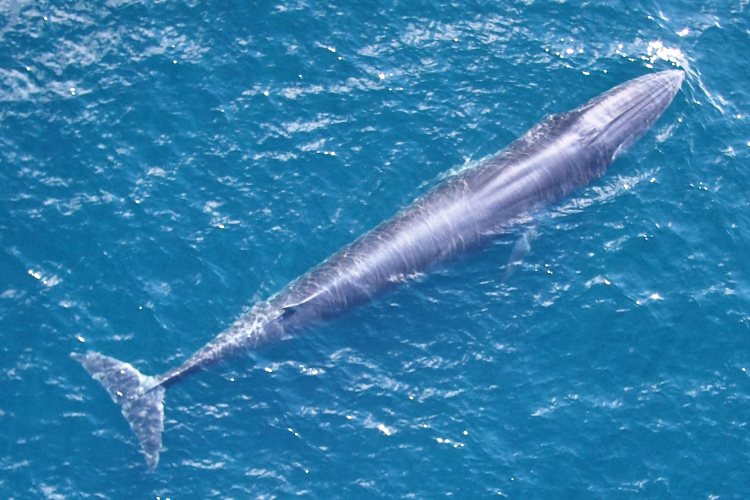The National Oceanic and Atmospheric Administration (NOAA) rejected a petition from environmental groups on Friday to establish a 10-knot speed limit in the Gulf of Mexico that would’ve affected tourism and industry in Alabama.
The proposal was opposed by all of Alabama’s House and Senate delegations, including U.S. Sen. Katie Britt (R-Montgomery) applauded NOAA’s decision.
“I am happy to say that NOAA heard our request and today rejected the nonsensical Rice’s whale petition pushed by far-left activists,” Britt said. “This proposal would have significantly impeded operations at the Port of Mobile, damaged Alabama’s economy, and harmed commercial and recreational fishing operations off the Gulf Coast.”
The Rice’s whale is reportedly found only in the Gulf of Mexico, and it was first identified as a separate species related to the Bryde’s whale in 2021. Estimates suggest that fewer than 50 individuals remain, and several marine scientists and conservationists have petitioned the Biden administration to protect it and promote its recovery, according to Maritime Executive.
Britt said she continues to urge the administration not to finalize the critical habitat designation for the Rice’s whale due to a lack of scientifically supported data.
In a letter to NOAA director Richard Spinrad and Bureau of Ocean Energy Management director Liz Klein on September 7, U.S. Sen. Tommy Tuberville (R-Auburn) cited the severe economic impacts the rule would have for Alabama businesses and the oil and gas industry along the Gulf.
“Designating a Critical Habitat for the Rice’s whale throughout this expansive area will impose undue burdens and restrictions on all vessel traffic, especially in and out of the Port of Mobile in Mobile, AL,” Tuberville said. “The Port of Mobile covers over 4,000 acres, generates nearly 313,000 jobs, provides approximately $2 billion in state and local tax impacts, and $85 billion in economic value to Alabama as a whole. Requiring all lessees and operators to comply with reduced speeds of 10 knots or less and preventing them from traveling after dusk and before dawn within the designated areas will detrimentally impact our nation’s ability to domestically produce oil and gas in hopes of becoming energy independent.”
Port of Mobile officials also opposed the rule.
To connect with the author of this story or to comment, email caleb.taylor@1819News.com.
Don’t miss out! Subscribe to our newsletter and get our top stories every weekday morning.










